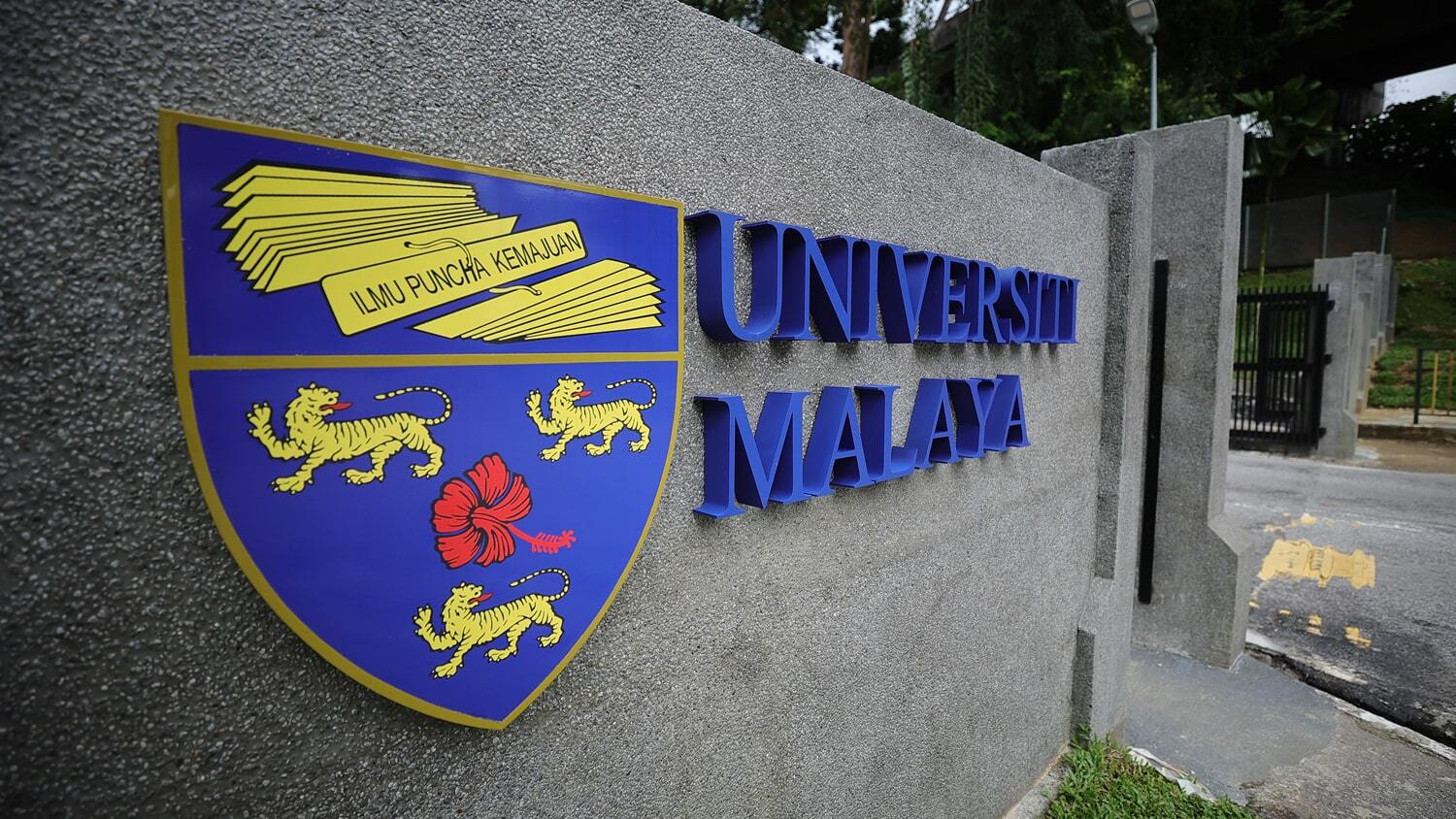I am writing on behalf of my entire batch and my seniors, amounting to some 60 people, of students of the Internal Medicine Master’s Programme at University Malaya.
The Internal Medicine Master’s Programme at University Malaya, while prestigious, has significant defects that are severely impacting the mental health and overall well-being of its students.
The primary issues identified include a lack of proper teaching, insufficient study time, no allocated study break before professional exams, ineffective last-minute teaching sessions, a financially binding contract, high stress levels among students, and high failure rates in professional exams.
These factors collectively create an environment detrimental to learning and personal development, leading to adverse consequences on students’ mental health.
Lack Of Teaching
One of the most glaring issues is the inadequate teaching provided to students. Internal Medicine is a demanding field that requires comprehensive and continuous education. However, students in this programme report a severe lack of structured teaching.
The curriculum seems to fall short in delivering the necessary theoretical and practical knowledge, leaving students feeling underprepared and unsupported. This deficiency not only hampers their academic performance but also contributes to feelings of inadequacy and heightened anxiety, as students are left to navigate complex medical concepts largely on their own.
While there are teaching sessions scheduled, a significant issue is the absence of protected time off for students to attend these sessions. Without designated time away from their clinical duties and other responsibilities, students often find it challenging to participate in the teaching activities.
This lack of protected time means that students must choose between attending essential teaching sessions and fulfilling their clinical obligations, leading to gaps in their education and further exacerbating their stress and anxiety.
The failure to allocate protected time for teaching reflects a systemic flaw that undermines the effectiveness of the educational programme and hinders students’ ability to fully engage with and benefit from the learning opportunities provided.
Insufficient Study Time
Another significant problem is the lack of time allocated for students to study. The rigours of a medical programme necessitate ample time for self-study, review, and consolidation of knowledge.
However, students at University Malaya are not given adequate time to engage in these essential activities. The demanding schedules, coupled with clinical duties and other responsibilities, leave little room for effective study.
This chronic shortage of study time exacerbates stress levels and undermines students’ ability to perform well in exams and practical assessments.
No Study Break Before Professional Exams
The absence of a study break before professional exams is another critical defect in the programme. Study breaks are vital for students to prepare thoroughly for high-stakes exams. They provide the opportunity to review material, practice exam techniques, and manage stress.
Without this dedicated time, students are forced to juggle ongoing coursework and clinical duties with exam preparation, leading to suboptimal performance and increased anxiety. The lack of a study break is a clear oversight that significantly impairs students’ ability to succeed academically.
Ex-students of this programme, who are now consultants or professors, often normalise the lack of study breaks by saying, “Back in my days, I was not given a study break, but I still managed to pass my professional exams.”
This sentiment, while intended to encourage, overlooks the significant changes in educational demands and the increased pressure on current students. It also disregards the advancements in educational psychology that emphasise the importance of rest and mental health in achieving optimal academic performance.
Such attitudes contribute to a culture that minimises the genuine struggles faced by current students, further exacerbating their stress and sense of isolation.
Ineffective Last-Minute Teaching Sessions
The programme’s approach of cramming teaching into three-day sessions right before exams is highly ineffective. This method does not allow for meaningful absorption of material or the development of a deep understanding of key concepts.
Instead, it creates a superficial learning experience that is unlikely to benefit students in the long run. The intense pressure of these sessions adds to the stress and leaves students feeling overwhelmed and unprepared for their exams.
The last-minute rush to cover essential topics is counterproductive and reflects poor curriculum planning.
Financial Burden Of The Contract
Adding to the stress is the financial burden imposed by the RM350,000 contract students must sign. If students are unable to pass their exams, they risk expulsion from the programme and are left with a massive debt.
This contractual obligation creates a high-stakes environment where the fear of failure is compounded by the potential for significant financial ruin. Such a burden places immense psychological pressure on students, who may already be struggling with the demands of their studies.
The financial risk associated with the contract can lead to severe anxiety, depression, and a sense of entrapment.
High Failure Rates In Professional Exams
The programme’s high failure rates in professional exams are another alarming issue. These high failure rates reflect the inadequacies in teaching, study time, and exam preparation methods.
For students, the prospect of failing these crucial exams is a source of intense stress and anxiety. Repeated failures can lead to a cycle of demotivation and self-doubt, severely impacting mental health.
Additionally, the financial repercussions of failing, given the heavy contractual fines, add an extra layer of stress. The high failure rates underscore the urgent need for systemic changes in the programme to better support students’ academic and emotional needs.
High Stress Levels
The cumulative effect of these issues is a pervasive environment of high stress among students. The constant pressure to perform, combined with inadequate support and resources, takes a toll on students’ mental health.
High stress levels can lead to burnout, anxiety disorders, depression, and other mental health issues. It can also affect physical health, leading to problems such as insomnia, headaches, and gastrointestinal issues.
The overall quality of life for these students is significantly diminished, and their ability to learn and grow as future medical professionals is compromised.
Need For Governmental Intervention
Given the severity of these issues, it is imperative that the higher education minister and the health minister address this matter urgently. The defects in the programme not only jeopardise the mental and financial health of the students, but also threaten the integrity and future of the Internal Medicine fraternity in the country.
Governmental intervention is crucial to reform the programme, ensuring that it provides adequate support, proper teaching, and reasonable conditions for students to succeed.
By addressing these systemic flaws, the programme can become a nurturing environment that fosters the development of competent and mentally healthy medical professionals.
Conclusion
The Internal Medicine Master’s Programme at University Malaya is plagued by several critical defects that significantly impact the mental health and well-being of its students.
The lack of effective teaching, insufficient study time, absence of study breaks, ineffective last-minute teaching sessions, financially burdensome contracts, high stress levels, and high failure rates create an environment that is not conducive to learning or personal development.
Addressing these issues is imperative to ensure that students can thrive academically and personally. Implementing changes such as structured and continuous teaching, adequate study time and breaks, effective curriculum planning, and revising financial obligations can help create a healthier, more supportive educational environment.
Without these reforms, the programme will continue to fail its students, with severe implications for their mental health and professional futures.
It is crucial for the higher education and health ministers to take this matter seriously and initiate the necessary reforms to safeguard the future of Internal Medicine in the country.
CodeBlue is providing the author anonymity because civil servants are prohibited from writing to the press.
- This is the personal opinion of the writer or publication and does not necessarily represent the views of CodeBlue.





